What?
B.R.A.K.E., the cycle (Bystander Responsibility, Awareness & Knowledge Enhancement) formed in June 2021, has originally been developed as a culturally responsive educational curriculum, by a group of researchers, specifically for the South Asian community. It is an innovative online platform created to facilitate understanding and positively influence people's attitudes about intervening in cases of domestic violence victimization. B.R.A.K.E. the cycle comprises of 10 interactive scenarios, all of which are to be completed by participants.
Why?
Research shows that informal help from friends and family is more frequently sought than formal help, provided through agencies or professionals. To support friends and family members experiencing domestic violence victimization, it is imperative for you as the bystander to learn about domestic violence first and the ways in which you can support them.
How?
By asking you to complete ten interactive scenarios, we hope to provide information about domestic violence, unique tactics of abuse and outline ways in which support to those experiencing abuse can be provided. It should take you about 90 minutes to complete the scenarios and evaluation at the end.
* Please note that intervening in situations of domestic violence can be dangerous. Make sure that you are safe (emotionally and physically), before taking action. Included in this material are resources that you can review relating to being a bystander and intervening in a safe manner. This educational curriculum has been developed by researchers to create awareness and reflects our understanding of evidence. This is not a mandated training. If you are in danger, please access appropriate resources or call 911. The curriculum is not intended to replace any other mandated trainings, or interfere with your role as a mandated reporter.

Who are South Asians in the United States?
South Asians in the United States include individuals from India, Pakistan, Bhutan, Nepal, Bangladesh, Sri Lanka, and the Maldives. This group also includes individuals who can trace their ancestry to South Asian lineage residing in other parts of the world. While this broader group, includes subgroups, due to cultural similarities South Asians are aggregated together.
What is domestic violence?
Domestic violence includes physical, sexual, economic, and/or psychological harm perpetrated on one individual by an intimate partner or the partner’s family.
What does evidence say?
Most of the research pertaining to domestic violence within the South Asian community has been conducted with women, leaving men out of this investigation. However, there is some evidence that men are also the victims of some types of abuse. Given the culture of patriarchy and collectivism, domestic violence manifests in distinctive ways in the South Asian community, including immigration-related abuse and abuse by in-laws along with other unique tactics of abuse.
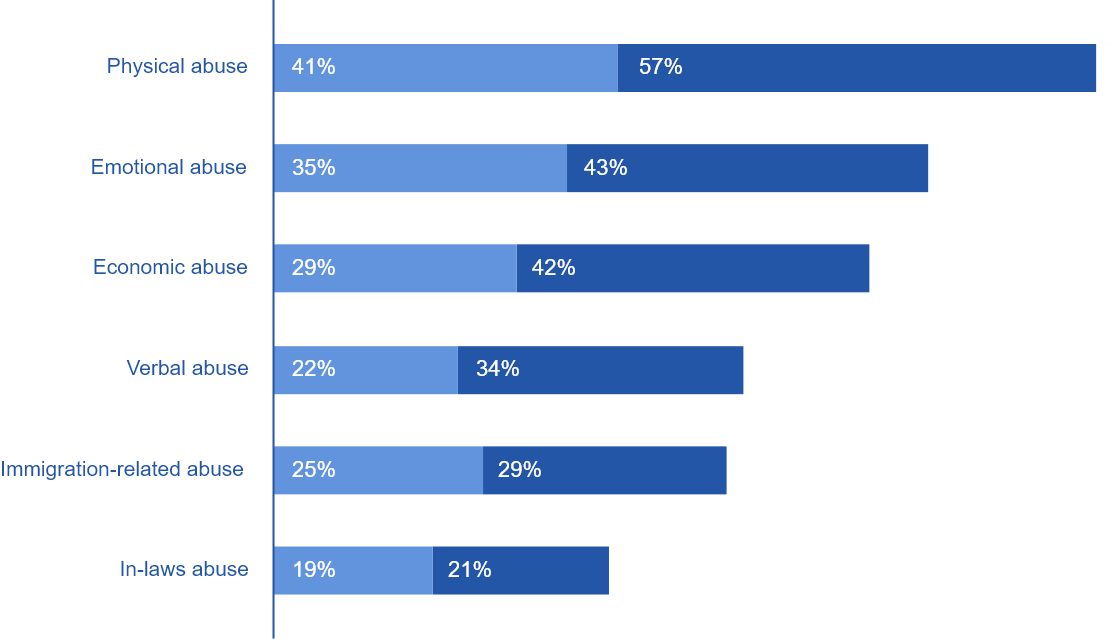
Select a group to see the top 5 metro areas.
-

-

-

-

-

-

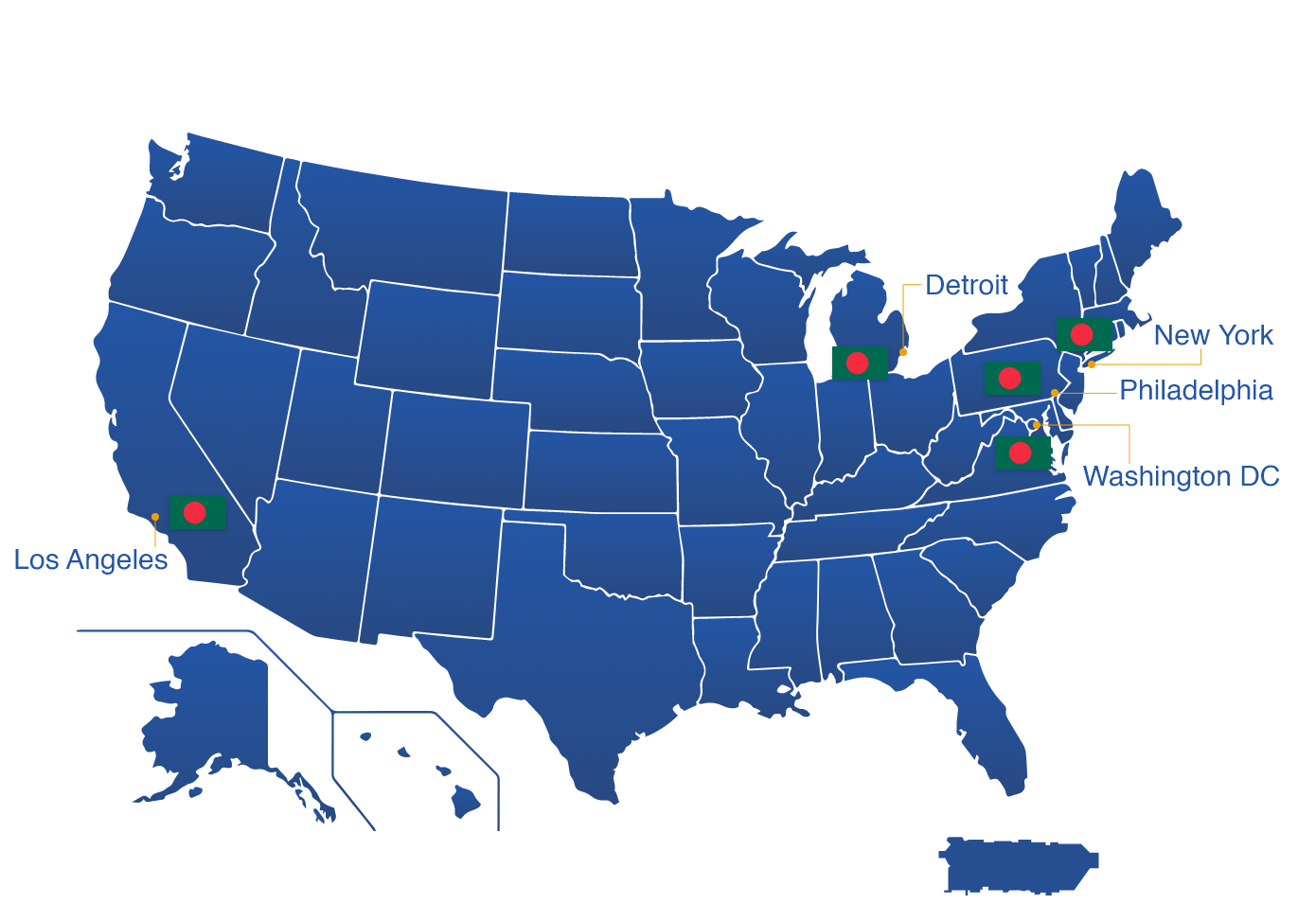
for South Asian Immigrants




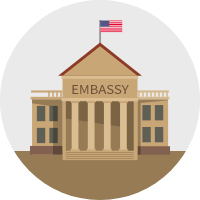

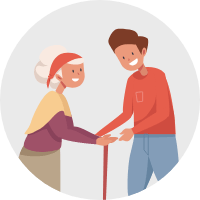


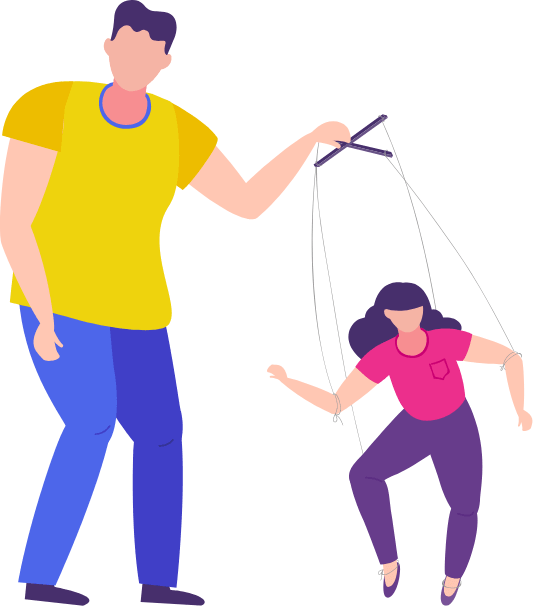


For a list of domestic violence resources across states and hotlines, please see the resources linked on this page corresponding to each state.
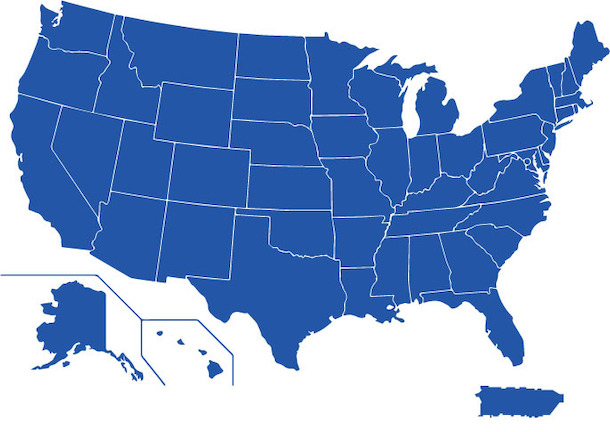

Assistant Professor, School of Social Work,
Associate Director, CIRA
Loyola University Chicago

Assistant Professor,
School of Social Work,
Loyola University Chicago

Professor, School of Social Work,
Associate Dean, Graduate School,
Loyola University Chicago

Executive Director,
Apna Ghar, Inc. Chicago

Assistant Dean of the Nashville Campus
& Associate Professor, College of Social Work,
The University of Tennessee, Knoxville

BS in Environmental Systems Engineering
Regional Environmental Manager, Fortune 500 company

Professor, School of Social Work, Loyola University Chicago.

Chairwoman, Department of Psychiatry,
Bronxcare Health Systems;
Chairwoman, Women Empowerment Committee,
Share and Care Foundation

Dean & Professor,
School of Social Work, Boston College



